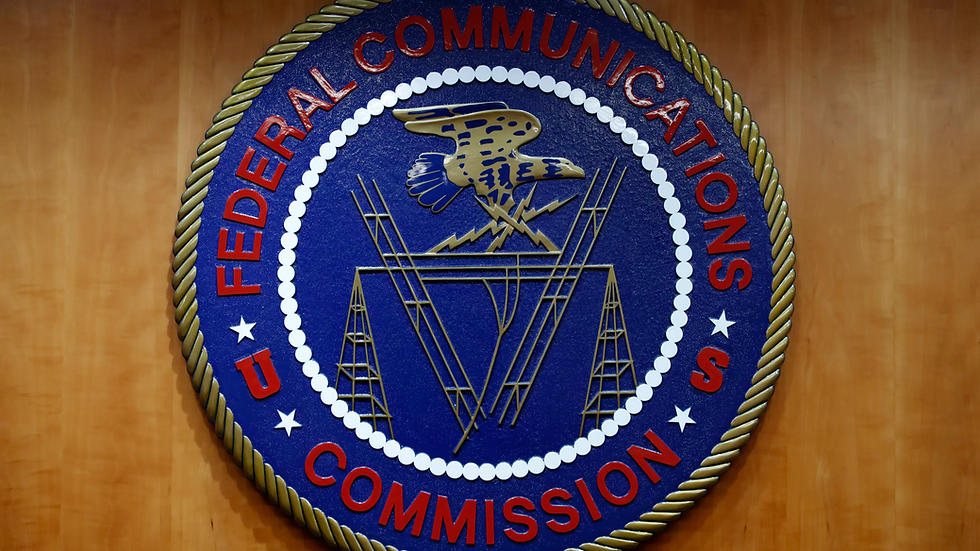Telecom Titans Face FCC Wrath: $196 Million Fines for Unauthorized Location Data Sales
- Apr 30, 2024
- 2 min read
The Federal Communications Commission (FCC) recently announced significant fines totaling approximately $196 million against major telecommunications players T-Mobile, Sprint, AT&T, and Verizon. The penalties stem from allegations that these companies unlawfully sold customers’ location data to third parties without obtaining proper consent. Both T-Mobile and AT&T have swiftly responded, declaring their intention to contest the fines imposed by the FCC.
The origins of these penalties trace back to investigations initiated in 2020, triggered by reports that the carriers were sharing customer location data with a third-party service provider, Securus. This service, primarily utilized within the prison communication sector, allegedly exploited the data to track specific individuals. Despite being alerted to this improper use of customer data, the FCC asserts that the carriers failed to take adequate measures to halt the practice.
The FCC contends that the actions of these companies violated the Communications Act by sharing access to customers’ geolocation data without their explicit consent and by failing to implement sufficient safeguards against unauthorized disclosure. The confidential nature of individuals' location information is emphasized, underscoring the necessity for carriers to obtain affirmative consent before utilizing or disclosing such data.
The fines levied against the carriers reflect the severity and duration of the alleged violations at each entity. T-Mobile faces the most substantial penalty, amounting to approximately $80 million, followed by AT&T with around $57 million and Verizon with approximately $47 million. Sprint, which merged with T-Mobile during the course of the investigation, has been fined approximately $12 million.
Highlighting the broader implications, Loyaan Egal, chief of the FCC Enforcement Bureau, emphasized the heightened risk posed by foreign adversaries and cybercriminals seeking access to such sensitive data.
FCC Chairwoman Jessica Rosenworcel expressed disappointment over the carriers' failure to adequately protect customers' data, particularly emphasizing the significance of real-time location information. However, both T-Mobile and AT&T have pushed back against the FCC's allegations. T-Mobile asserts that the location-based services program in question was discontinued over five years ago, while AT&T contests the legal and factual basis of the FCC's order.
As of now, Verizon has not issued a formal response to the fines. However, it is expected that legal battles may ensue as the carriers conduct thorough reviews of the FCC's orders and consider their options for appeal.
By fLEXI tEAM






Comments